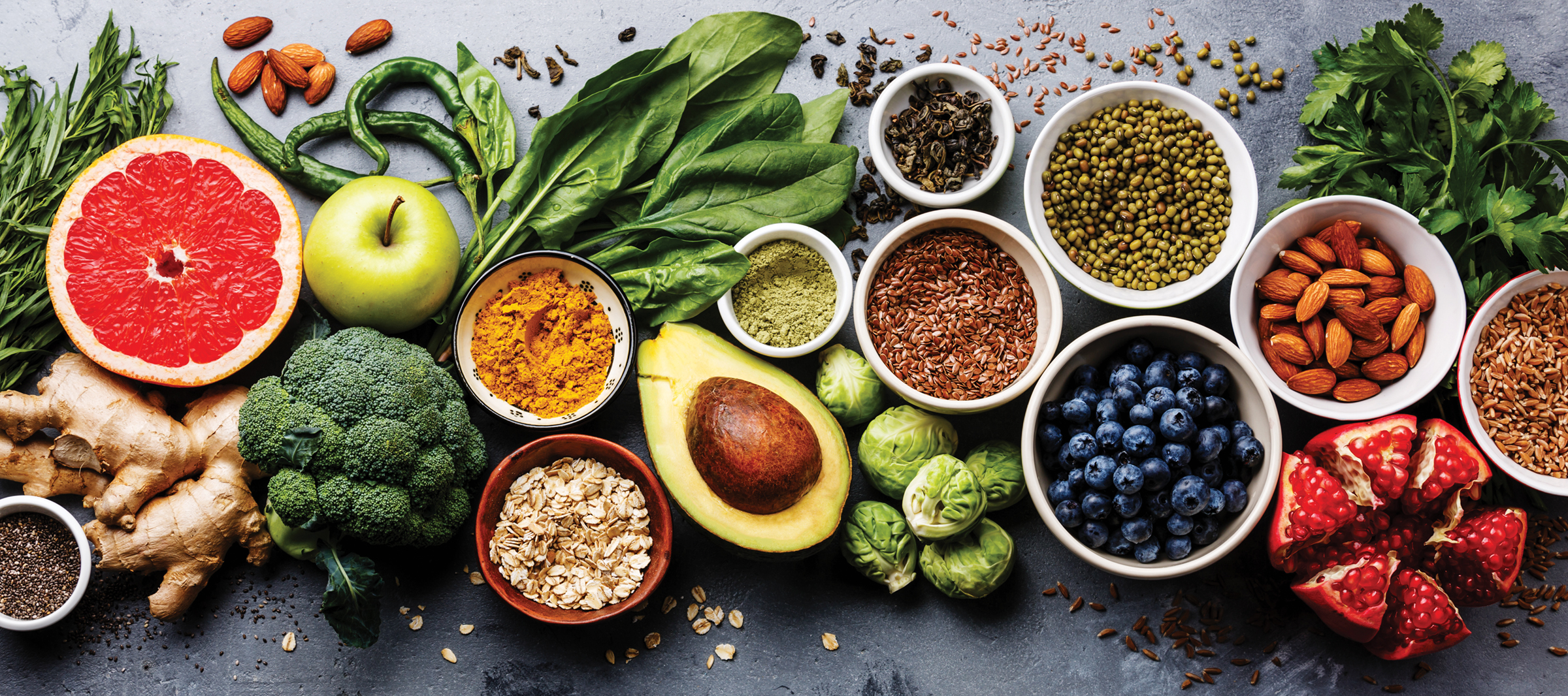by John A. Ruibal, MS, RDN, Prowers Medical Center Dietitian
Each year the Academy of Nutrition and Dietetics promotes a new emphasis for National Nutrition Month, which is March. This year’s theme is “Beyond the Table.”
What does “beyond the table” mean? According to the AND, it means thinking about all our food and drink choices throughout the year—not just family and school meals at the table but also snacks and eating out as well as where all that food we eat comes from.
Here are a couple of ideas to get you and your family thinking “beyond the table” in 2024.
Add More Plant-Based Selections
Regardless of how much meat and dairy you consume, I’m a big proponent of adding more fruits, vegetables, legumes and whole grains to everyone’s diets. Two of the main benefits are lower calorie density and higher fiber.
Most plant-based foods contain fewer calories per serving. They also give you more nutrition per calorie. The overall result is that you can get great nutrition with less calories.
The increased fiber of plant-based foods is also key. It helps control your blood sugar, lower your cholesterol and make you feel fuller with fewer calories. Most American don’t get adequate fiber in their diets, and eating more fruits, vegetables, legumes and whole grains is the best way to increase your fiber intake.
Plus, plant-rich diets are generally cheaper than diets with more animal products. Dry beans, in particular, are very inexpensive and provide a good source of protein and fiber. Fresh fruits and vegetables that are in season are often some of the best buys in the grocery store.
Consider Where Your Food Comes From
In generations past, almost all food was local. People grew their own produce and/or bought locally raised vegetables, fruits, dairy and meat. But now, our produce, meats and dairy can come from anywhere across the globe. And a lot of shelf-stable food items are manufactured in factories.
The shift to processed food and factory farming started in the early 1900s and really ramped up in the mid-1900s. This means it’s only been in recent decades that we’ve lost touch with how and where our food is grown or made.
It’s important for all of us to get reacquainted with food production for a couple of reasons. One is that processed foods tend to contain ingredients that aren’t good for us. They often include a lot more sugar, salt, fat and chemicals than are healthy. Another reason is that some food choices are easier on the planet. Buying food grown in Colorado or the region means our food is fresher and took less gasoline or other fuel to get to us. It also helps support area farmers, ranchers and dairies.
Reading food labels is a good habit to get into. They not only provide nutritional information but also indicate where a food item came from. Think global, eat local!
To learn more about Family Medicine Services or Nutrition Counseling at Prowers Medical Center, or to schedule an appointment, call 719-336-6767.
 Skip to content
Skip to content





Leave A Comment